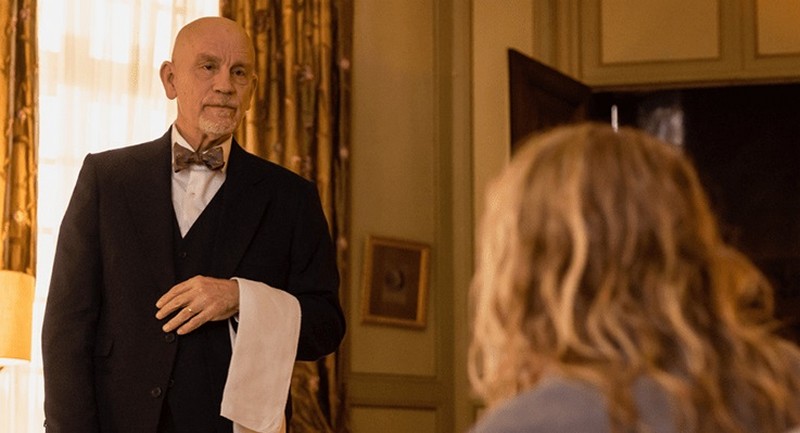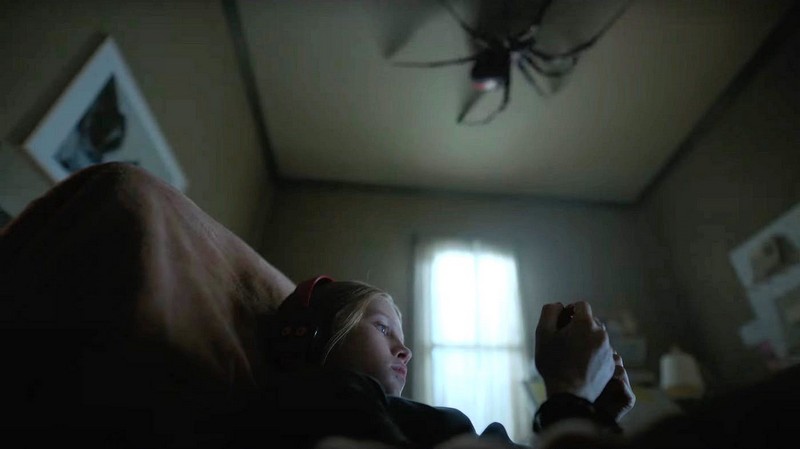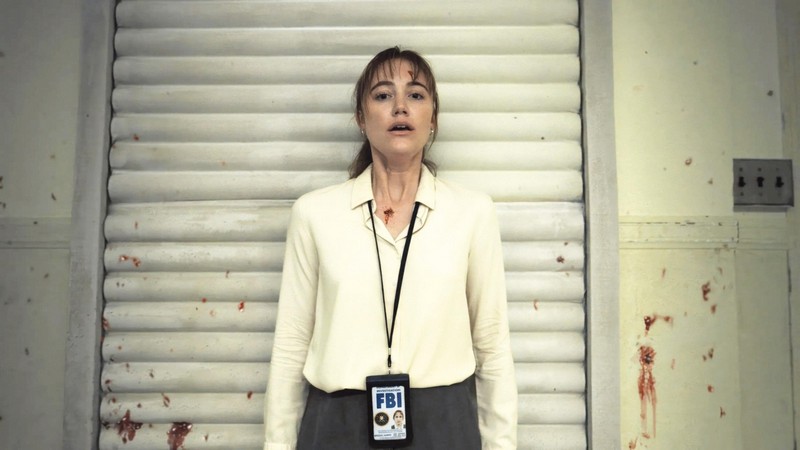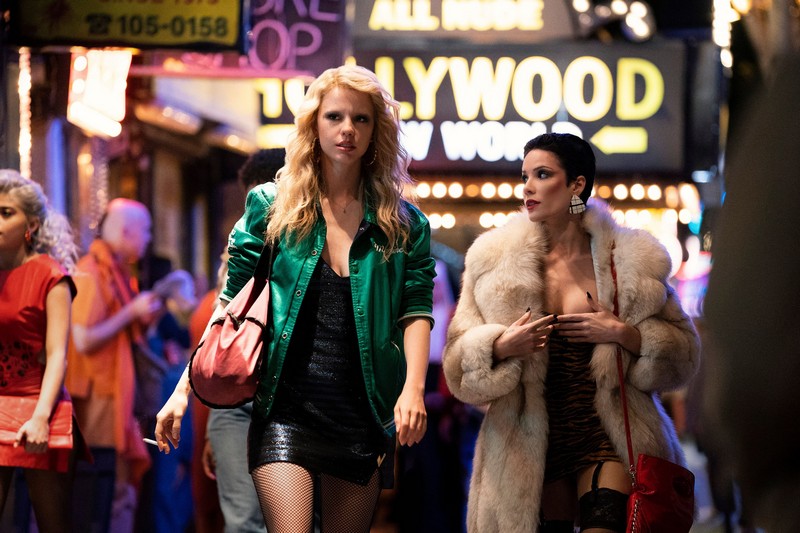Aftersun is a sensitive, heartfelt and naturalistic film by debut writer-director Charlotte Wells. This beautifully reflective piece concerns an 11-year-old girl, Sophie (Frankie Corio) and the last holiday she took with her father Calum (Paul Mescal) two decades earlier.
They travel from Scotland to a fading resort in Turkey. They swim, sunbathe, play pool, go to a Turkish bath, read, listen to an old crooner, attend a karaoke night, watch paragliders and more. Calum – who practices tai chi – is separated from Sophie’s mum, but appears to have a good relationship with her. Sophie (played as an adult in a few scenes by Celia Rowlson-Hall) reflects on the shared joy and private melancholy of that final hurrah.

Memories – real and imagined – fill the gaps between that which is captured on home video, as Sophie tries to reconcile the father she knew (loving and idealistic) with the man she didn’t. As a world of adolescence creeps into view, beyond her eye Calum struggles under the weight of life outside fatherhood.
Aftersun won the Jury Prize at the Cannes 2022 Critics’ Week and it’s not hard to see why. A semi-autobiographical work, the writing is superb. Charlotte Wells’ parents were quite young when she was born and growing up her father would often be mistaken for her brother, although he never seemed to mind. That is one of the scenes in this film. In creating the work, Wells reminisced about her own adolescence, her parents and her dad in particular. That process of reflection while writing lends a retrospective gaze to the script.
The performances are extraordinary. It is almost incomprehensible to me that Frankie Corio had never acted previously. She is breathtaking, so expressive and “real” as Sophie. Paul Mescal, too, brings nuance to his representation of a man who clearly has his issues. For Calum it is vitally important that Sophie knows he is there for her now and in the future. Mescal is nominated for a Best Actor Oscar. In my opinion, Corio should also have been.
There is joy and wonder in the relationship between father and daughter, which is exactly what Wells wanted to capture. It is important for Calum to enunciate that Sophie should feel comfortable in the knowledge that she can talk with him about anything. Much in Aftersun is left for the audience to interpret. Although slow moving, it’s authentic and emotionally resonant.
It’s not clear until late in the piece what time has passed between the events in the film and where Sophie is at in the present day. Having said that, that device used by Charlotte Wells works perfectly.
While a film for selective tastes, Aftersun is one of the films of the year – a genuine piece of movie magic.
Alex First
Other reviews you might enjoy:

Alex First is a Melbourne based journalist and communications specialist. He contributes to The Blurb on film and theatre.





